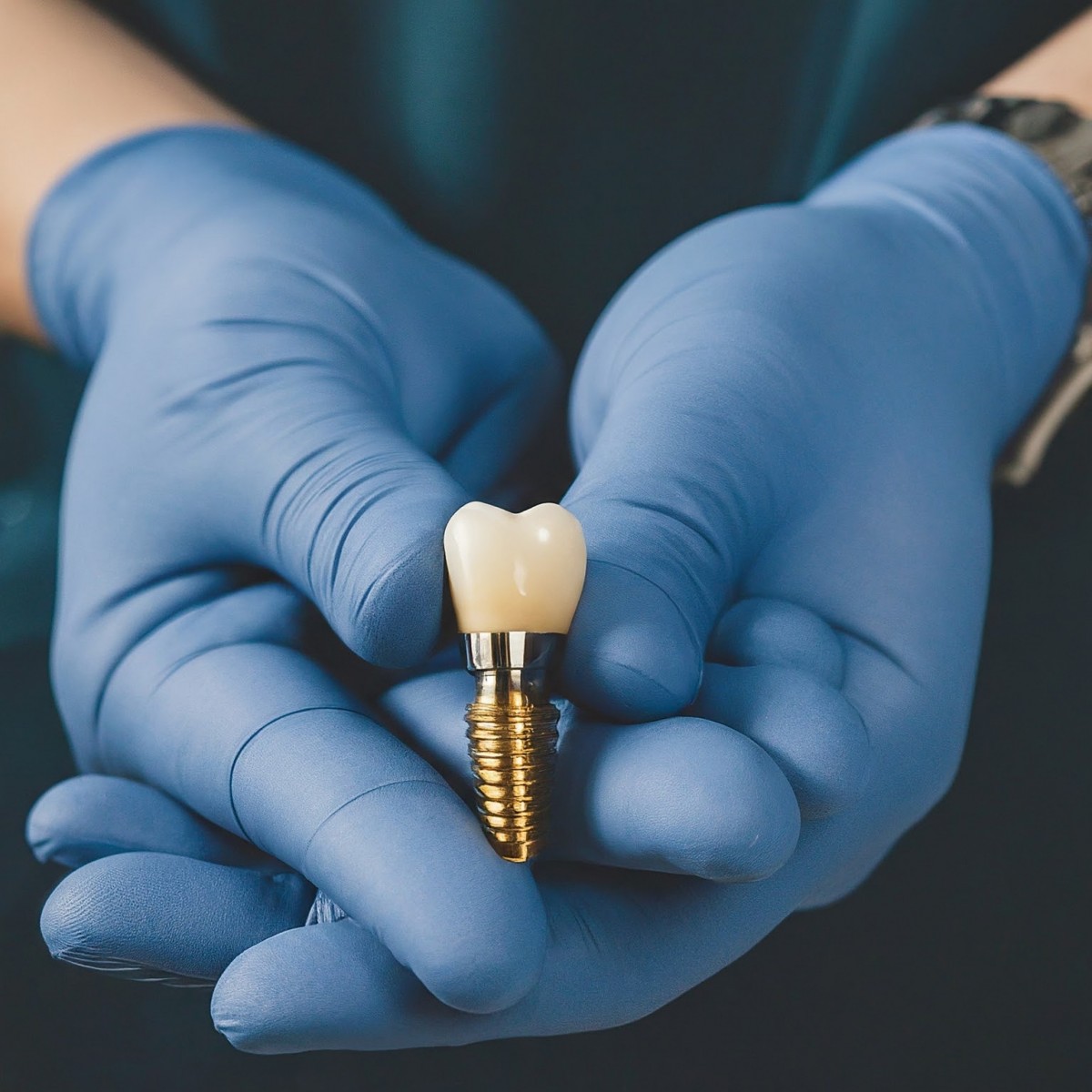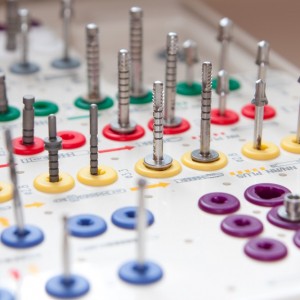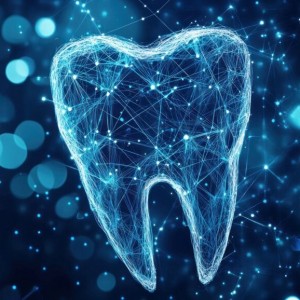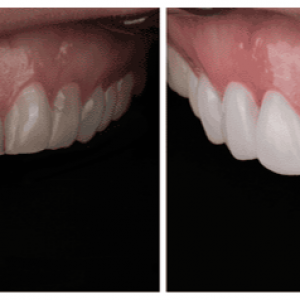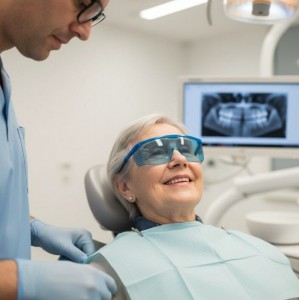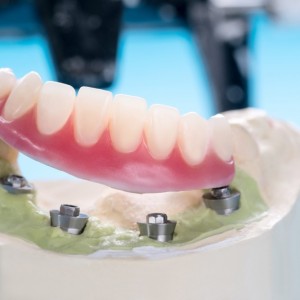
Modern implant dentistry based on osseointegration: 50 years of progress, current trends and open questions
In the 1960s and 1970s, implant-supported prostheses based on subperiosteal or blade implants had a poor reputation because of questionable clinical outcomes and lack of scientific documentation. The change to a scientifically sound discipline was initiated by the two scientific pioneers of modern implant dentistry, Professor P. I. Brånemark from the University of Gothenburg in Sweden and Professor André Schroeder from the University of Bern in Switzerland.
Together with their teams, and independently of each other, they laid the foundation for the most significant development and paradigm shift in dental medicine. The present volume of Periodontology 2000 celebrates 50 years of osseointegration. It reviews the progress of implant therapy over the past 50 years, including the basics of implant surgery required to achieve osseointegration on a predictable basis and evolving innovations. The development of bone-augmentation techniques, such as guided bone regeneration and sinus floor elevation, to correct local bone defects at potential implant sites has increased the indications for implant therapy.
The paradigm shift to moderately rough implant surfaces resulted in faster and enhanced bone integration and led to improvements in various treatment protocols, such as immediate and early implant placement in postextraction sites, and made various loading protocols possible, including immediate and early implant loading. In the past 15 years, preoperative analysis and presurgical planning improved as a result of the introduction of three-dimensional imaging techniques. Hereby, cone-beam computed tomography offers better image quality with reduced radiation exposure, when compared with dental computed tomography. This opened the door for digital planning and surgical modifications. Over the last 50 years this evolution has facilitated tremendous progress in esthetic outcomes with implant-supported prostheses and improved patient-centered outcomes.
This volume of Periodontology 2000 also discusses the current trends and open questions of implant dentistry, such as the potential of digital implant dentistry in the surgical and prosthetic field, the trend for an increasing average age of implant patients and the related adaptations of treatment protocols, and the second attempt to establish ceramic implants using, this time, zirconia as the implant material. Finally, some of the hottest controversies are discussed, such as recent suggestions on bone integration being a potential foreign-body reaction and the evidence-based appraisal of the peri-implantitis debate.
Authors: Daniel Buser, Lars Sennerby, Hugo De Bruyn
Source: https://onlinelibrary.wiley.com/
 Related articles
Related articles
Implantology 06 November 2025
The irreversible trend toward digitization in dentistry and dental technology has resulted in technical progress and continuous changes to conventional workflows.
News 14 November 2025
Henry Schein One and AWS Collaborate to Transform Global Dentistry with Generative AI
Industry leaders join forces to bring advanced AI capabilities to dental technology platforms — redefining patient care, clinical efficiency, and practice performance worldwide
Antibiotic prophylaxis (AP) still represents a common but often misused procedure in dental practice, thus aggravating the risk for antimicrobial resistance and adverse effects occurrence.
Products 11 November 2025
Precision Meets Preservation: UltraThineer Sets a New Standard in Cosmetic Dentistry
UltraThineer, a revolutionary advancement in dental technology, announces the official availability of its FDA-approved ultra-thin 3D-printed zirconia veneers, setting a new benchmark in both...
News 07 November 2025
Crown Dentistry is excited to announce a pivotal enhancement in patient accessibility by now accepting Medicare as a form of payment.
 Read more
Read more
Prosthodontics 17 November 2025
The purpose of this report is to describe a new technique to fabricate and deliver an implant-supported fixed prosthesis to the patient on the day of surgery, and to propose a protocol for the...
Editorials 17 November 2025
The Langkamp Allison Award recognizes a Pitt Dental Medicine third-year dental student interested in pursuing a career in dental education.
Products 17 November 2025
VELMENI today unveiled VELMENI Voice, an AI-driven voice recognition tool designed to transform periodontal charting and clinical documentation.
News 17 November 2025
Angelalign Technology Inc. (6699.HK) (“Angel”) recently announced the expansion of its flexible iOrtho platform to include direct integration with the Dexis, Shining 3D, and Panda scanners.
News 17 November 2025
Following the first FDA clearance for technology that measures internal mobility in teeth, Perimetrics CEO and Chairman Robert Hayman is once again leading dentistry into a new era with InnerView, a...


